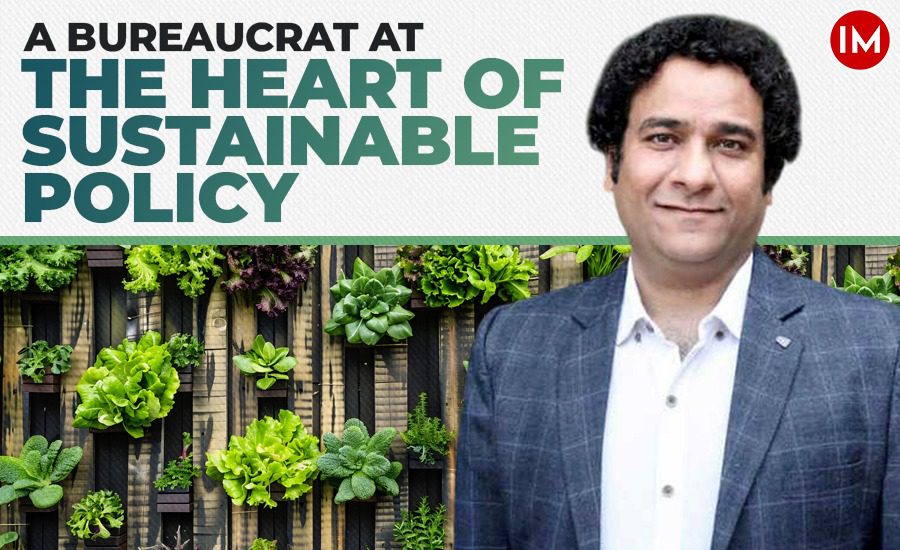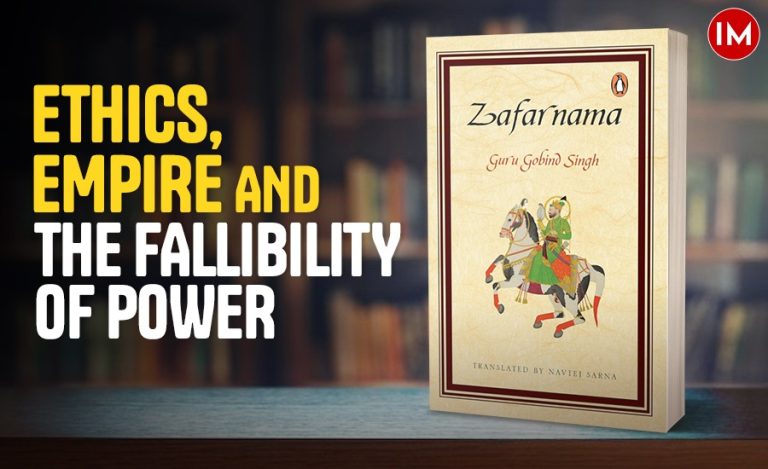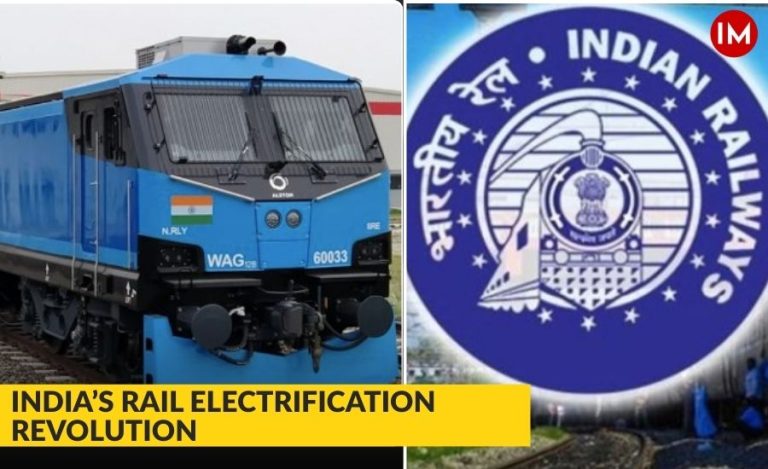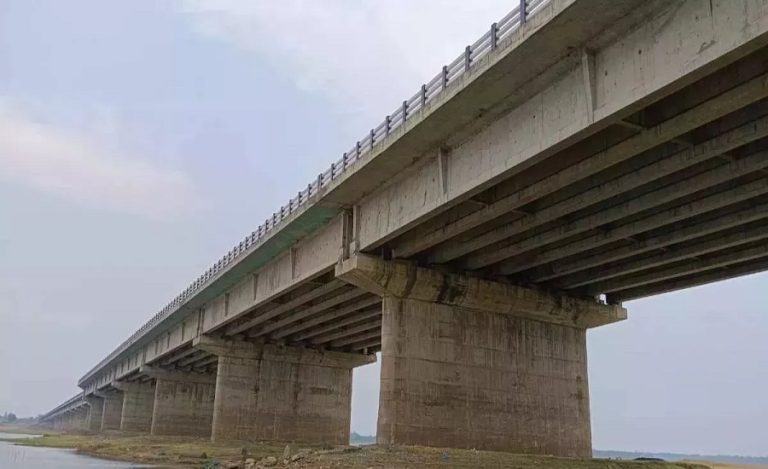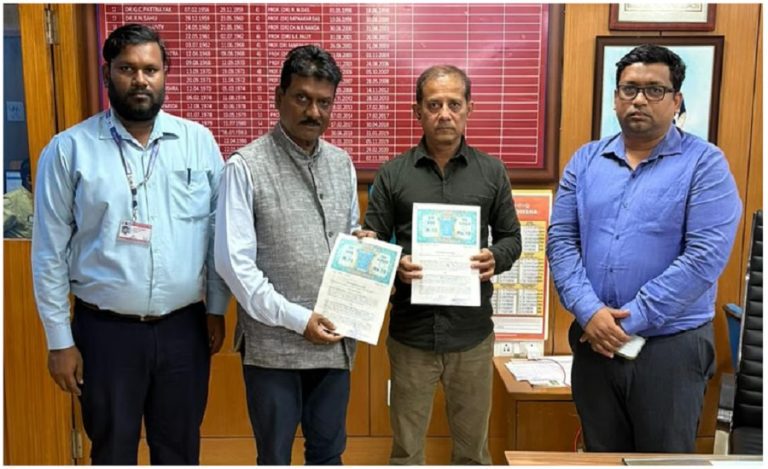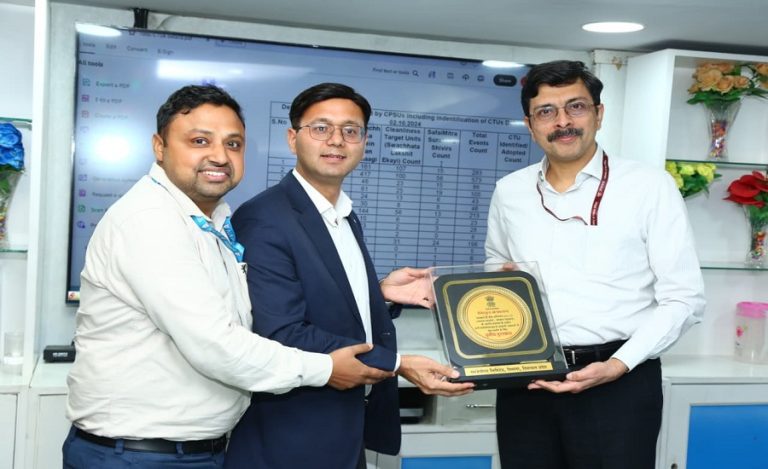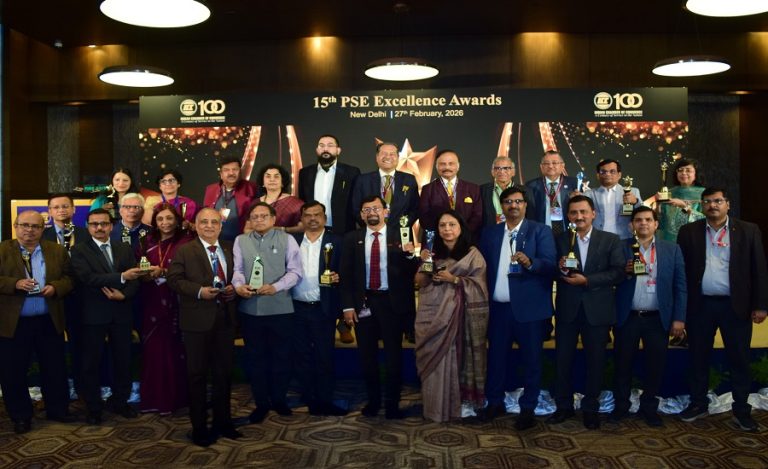Rohit Mehra, an IRS officer of the 2004 batch, currently serves as the Commissioner in the Income Tax Department. His pioneering work in creating vertical gardens using discarded plastic bottles has gained national attention, with the Economic Survey 2024-25 highlighting the need for explicit guidelines to integrate such solutions into sustainable urban development.
ECONOMIC SURVEY SPOTLIGHTS VERTICAL GARDENS
The Economic Survey 2024-25 has emphasized the role of vertical gardens in tackling urban environmental challenges, such as the heat island effect, carbon emissions, and air pollution. It specifically highlights the Income Tax Department’s initiative, spearheaded by Mehra, as a scalable model for other government and private institutions.
“The inclusion of vertical gardens in policy frameworks could redefine urban sustainability in India. This project showcases how simple yet innovative solutions can transform urban landscapes,” states the Economic Survey.
Mehra’s initiative, which has led to over 900 vertical gardens across 17 states using more than 7 lakh plastic bottles, aligns with India’s growing push for sustainable infrastructure.
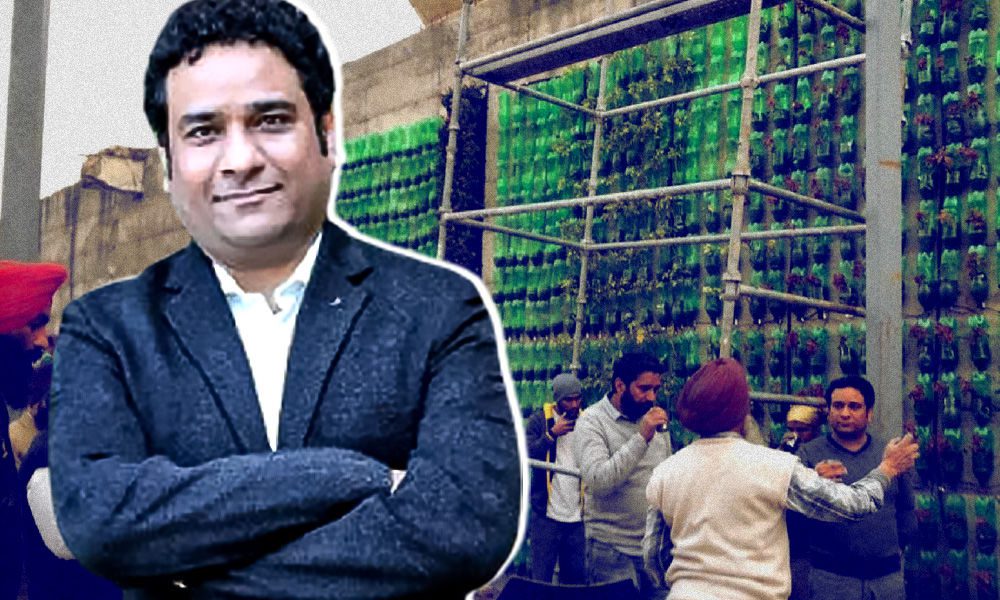
A PRACTICAL MODEL FOR SUSTAINABLE CITIES
The Economic Survey underscores the potential of vertical gardens in India’s regulatory evolution. The newly introduced Energy Conservation and Sustainable Building Code (ECSBC) 2024 already advocates for energy-efficient building practices, and vertical greenery is seen as a natural extension of this approach.
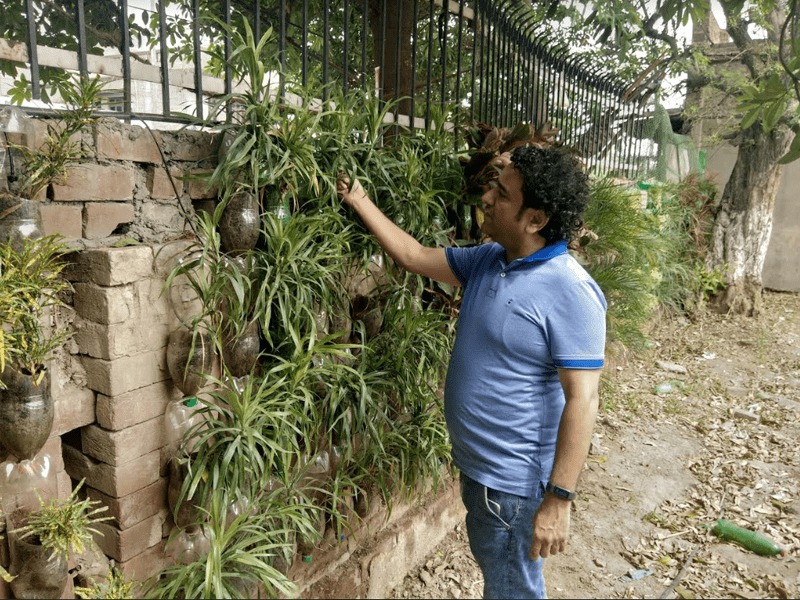
POLICY INTEGRATION AND FUTURE PROSPECTS
With the Economic Survey advocating for explicit guidelines, Mehra believes that integrating vertical gardens into India’s smart city projects and construction policies is the logical next step.
“If we mandate vertical gardens in new developments, we can significantly impact air quality and energy efficiency,” he says.
The survey’s endorsement adds momentum to a movement that has already demonstrated tangible benefits. As policy discussions evolve, Mehra’s work stands as a case study in how innovative, low-cost environmental interventions can be institutionalized for broader urban impact.

